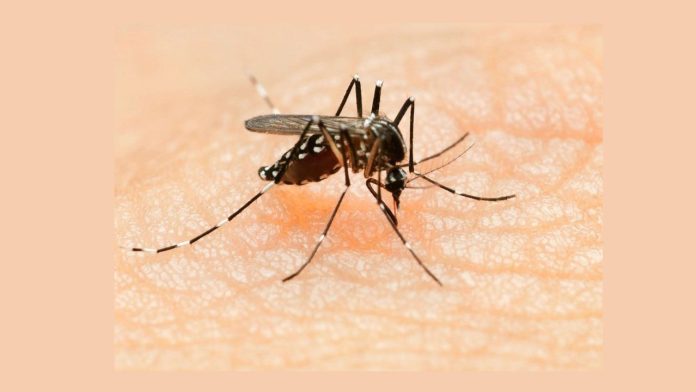Zika virus is a mosquito-borne disease that is spread by aedes ageypti mosquitoes, which also carry West Nile, dengue, chikungunya, and yellow fever viruses. While the majority of those who contract the disease are asymptomatic, fever, rash, joint discomfort, conjunctivitis, and muscle soreness might occasionally manifest.
A serious infection and a protracted illness are possible among the elderly, pregnant women, diabetics, cancer patients, persons taking immunosuppressive drugs, dialysis dependent people, and those with HIV. Untreated or unabated Zika infection can result in neurological difficulties, organ malfunction, seizures, altered sensorium, encephalitis, and nerve-related concerns.
Several important steps can be taken to stop the spread of the Zika virus, including:
• It’s important to limit your exposure to mosquito bites. Insect repellents, oil of lemon eucalyptus, long sleeves, and socks are required for this.
• You may assist control the mosquito population by getting rid of potential mosquito breeding areas by emptying water-collecting objects like tires and flowerpots.
• Safe sex is essential for people who live in or are visiting Zika-affected areas.
• Women who are pregnant should take particular precautions, avoiding travel to areas where there is an active Zika outbreak, and utilizing preventive measures if their partner has visited these locations.
• It is advised to keep abreast of the most recent travel warnings and health recommendations from reputable organizations like the World Health Organization (WHO) and regional health authorities. Physical barriers, such as screens on windows and doors, can help keep mosquitoes out of habitations.

 हिंदी
हिंदी






